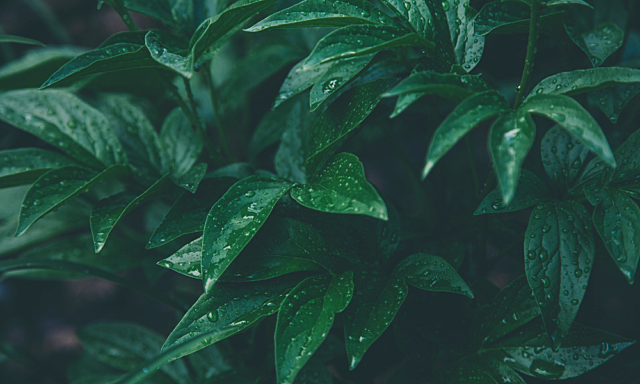Press Release

03 May 2023
New Investigators join Stowers Institute for Medical Research
Scientists recruited from MIT, NYU, and Princeton
Read Article
News
A Q&A with Assistant Investigator Siva Sankari

Siva Sankari is an Assistant Investigator at the Stowers Institute who joined in May 2023. Her research focuses on understanding symbiosis, a mutually beneficial arrangement between bacteria and the host organisms that house them. Sankari studies the biochemical mechanisms that enable plants to utilize microbes to perform essential functions. Because the plant-microbe interaction is a relatively simple system, investigating it may provide insight into host-bacteria relationships in more complex systems like humans.
What brought you to the Stowers Institute?
The Stowers Institute is very supportive of asking big questions and questions that can be answered through long-term investments in research. That perfectly fits the research problems I wish to solve.
The interdisciplinary Technology Centers with highly skilled scientists will be extremely helpful in incorporating and implementing new approaches, beyond my expertise, to answer my questions. I really liked the highly collaborative environment and welcoming nature of the people at the Institute.

Siva Sankari, Ph.D.
Why are you interested in your field of research?
I was always fascinated by plants and their ability to survive various environmental conditions despite being non-motile. During my Ph.D., I started working on microbes that interact with plants and their mutually beneficial relationship. Plants and microbes have maintained this relationship for millions of years. They share resources and help each other by fulfilling each other’s needs. Learning about this relationship and working on this system got me really interested in this field. Thus, I was naturally attracted to the fascinating field of plant-microbe interactions.
What inspires you to keep working in your field?
There are a lot of unknowns in my field and hence a lot of interesting questions to ask.
Many members of the family of peptides I study have a variety of structures and most likely perform a variety of functions. This opens a lot of doors to explore diverse areas of study, perhaps even novel fields altogether. That keeps me curious and excited to learn and explore new areas.
Host-microbe symbiosis in general is just fascinating to me.
What have you found most rewarding about your work?
The pure joy of solving a new part of the puzzle every day. I love that I am doing my part to understand a little portion of the unknown for humanity.
There are plenty of opportunities to learn completely fascinating ideas from the collective science community and plenty of opportunities to be curious and test creative ideas. Most importantly, mentoring the next generation of responsible scientists and seeing them succeed in their career.
What impact do you hope your research will have?
Beneficial microbes play an important role in maintaining the health of host organisms. They not only contribute to host metabolism but also help the host in defending against pathogenic organisms. Studying the fundamental biology of this relationship gives us valuable information about how hosts evolve to manipulate beneficial microbes in many ways and how the microbes evolve tolerance mechanisms.
I strongly believe understanding plant-microbe symbiosis in a simplified 1:1 interaction model will provide us with important clues to understand the complex world of host-microbe interactions as a whole.
In particular, the host peptides I study have specifically evolved to interact with associated microbes. Studying these peptides will have a direct impact in improving both agriculture (by improving biological nitrogen fixation) and human health (by various potential clinical applications of the peptides).
Learn more about Siva here.
Press Release

03 May 2023
Scientists recruited from MIT, NYU, and Princeton
Read Article
News
15 April 2025
A look at the technology that provides researchers with deeper insights into complex biological systems.
Read Article
News
11 April 2025
“There are few rewards as powerful and as elevating as making a clear, robust scientific observation that advances the field.”
Read Article
